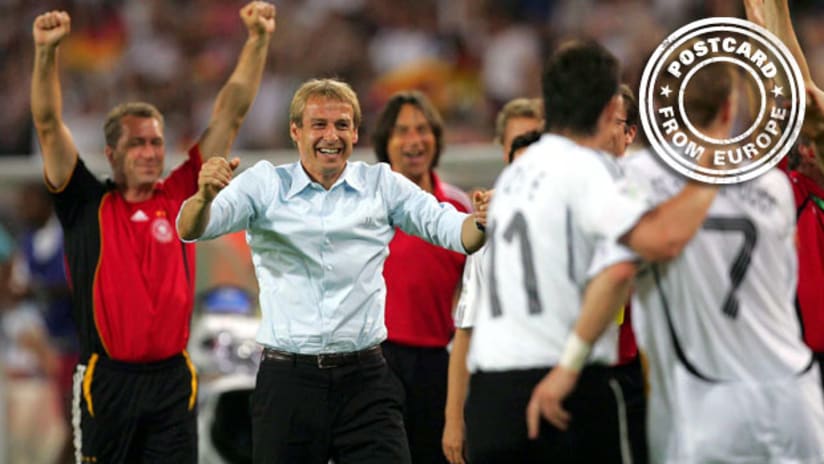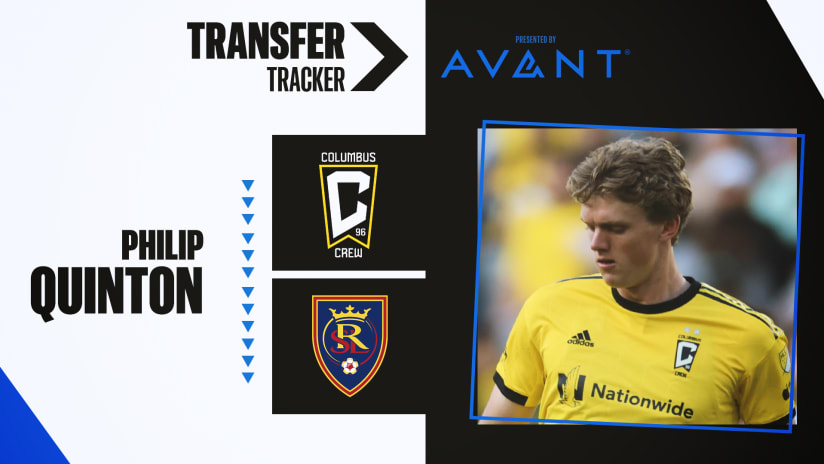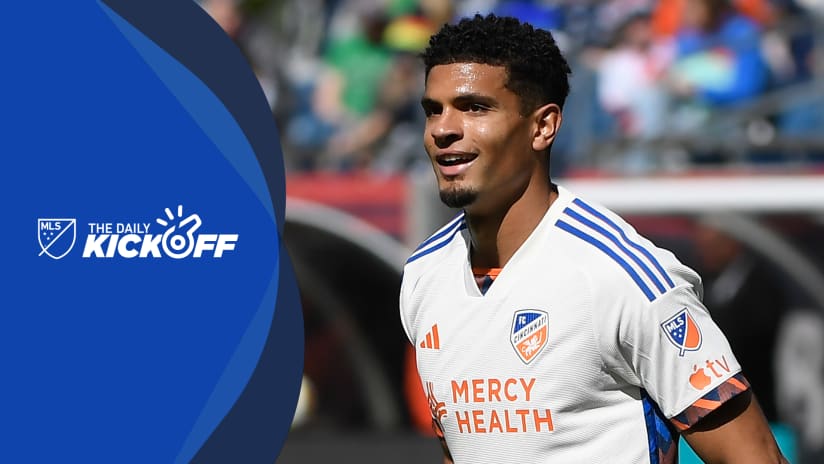AMSTERDAM — Jurgen Klinsmann's official unveiling as the new boss of the US national team on Monday has many stateside fans ecstatic, hoping they'll eventually see a change on the field. They won't be alone.
His new boss, USSF chief Sunil Gulati, will expect the former Mannschaft player and manager to act as the logical next step between Bob Bradley's measured approach and the bold Ajax-style program that youth technical director Claudio Reyna has made the new American soccer textbook.
Nobody will envision him bringing the stereotypical German ingenuity dust to sprinkle like seeds of victory. No such thing exists — and if it did, Klinsmann isn't exactly the guy to bring it. Your new USMNT will certainly exhibit a few traits comparable to the old German machines that claimed two World Cups and three European Championships from 1972 to 1996 going forward. They just won't necessarily come from the new coach.
"The American idea of a German way of thinking is totally different [from Klinsmann's viewpoint]," Hannover 96 skipper and USMNT veteran Steve Cherundolo told MLSsoccer.com by phone on Wednesday. "Jurgen's been around everywhere. He's been privy to so many ways of thinking. He has a plethora of ideas and his own way of implementing those ideas."
In actuality, the famous German method of winning tough tussles in the end through physical play, fitness and opportunistic scoring is hardly new to the US national team. Heck, under Bob Bradley, that was practically standard operating procedure.
Really though, that Teutonic influence over recent years has come through the players themselves. The current pool has nine that have worked in the Bundesliga and Germany is now continually rife with USMNT prospects. The list of key American success cogs to do considerable time in Deutschland stretches back to the program turning point of 1990, from Landon Donovan to Tony Sanneh to Claudio Reyna to Thomas Dooley to Paul Caliguiri.
The pool now even has several German-born Americans expected to be useful, both now and in the future. There are veterans Jermaine Jones and David Yelldell. There are younger players such as rumored Mexico friendly call-up Timothy Chandler and Bayern Munich teen apprentice Fabian Hürzeler.
Tactically, Klinsmann probably won't even shift out of the 4-2-3-1 Bradley often used near the end of his tenure. His Germany 2006 team lined up in a 4-4-2 that usually played more like a 4-2-3-1. Cherundolo, currently the second-longest-serving one-club man in Germany, agrees we shouldn't expect that chalkboard diagram to change much for now.
"Whenever you take over a team, you don't jump right into tactics," said Cherundolo. "It's a learning process, everybody getting to know each other first. In order to find a formation for the group, you first need to understand the group."
The thing that most Americans are most excited by — and really, should be excited by — is that Klinsmann is actually the least "German" of all the managers in the history of Die Mannschaft. The striker spent seven of his last nine pro seasons playing away from home and has now lived in the United States for nearly a decade-and-a-half.
"He's somebody who understands and empathizes with the American mentality," said Cherundolo. "I think maybe he's a mix of both [German and American ways]. Not only can he pick from both worlds, but he understands both worlds."
In Germany, it's much bigger news when they drop a tough one than when they've broken hearts. The real story of their 2006 World Cup was not about how Klinsmann changed their character; it was about how he changed their approach.
In three of six games at that home World Cup, Germany got on the board first inside six minutes. In two of those games, against Costa Rica and Sweden, they added a second by the 20th minute.
Klinsmann altered Germany's strategic personality to one that takes the field looking to grab the upper hand and delegated the tactical details to then-assistant Joachim Löw. By doing so, he freed himself to play the good cop and then used that role to successfully institute a new way of attacking games from whistle to whistle.
"It was very refreshing," recalled Cherundolo. "Even now, you still see that style [from Germany]. It's attacking and it's fun to watch. They try to win every game, taking the game to opponents."
The 72-cap veteran warns, however, not to assume automatically that Klinsmann will have the US wheeling and dealing against all comers like flipping a light switch.
"Not every group can do that," Cherundolo offered. "That's the coach's job, to figure out what the group is most capable of. Ideally, both sides mutually come to a conclusion that this is who we are, this is how we'll play and this is how we'll do it. That's the last stage."
The truth is, many things will probably stay about the same under Klinsmann, at least right away. The reason he has the job now has nothing to do with carrying German soccer DNA or any tactical evolution. He has it because US Soccer wanted an evolution in strategic mind set. Whether that goes over well with American fans and scribes will ultimately be decided by how many wins they pile up.
"At the end of the day," reminded Cherundolo, "results determine how everyone views you as a coach and as a group."
To get results with Germany, Klinsmann challenged the old methods and his players, forcing them to create a new collective persona that proved tough for opponents to handle. Smart money says this will soon be the objective handed to the US national team squad.
Klinsmann hasn't come to reinvent the wheel — he's come to make it roll smoother.












